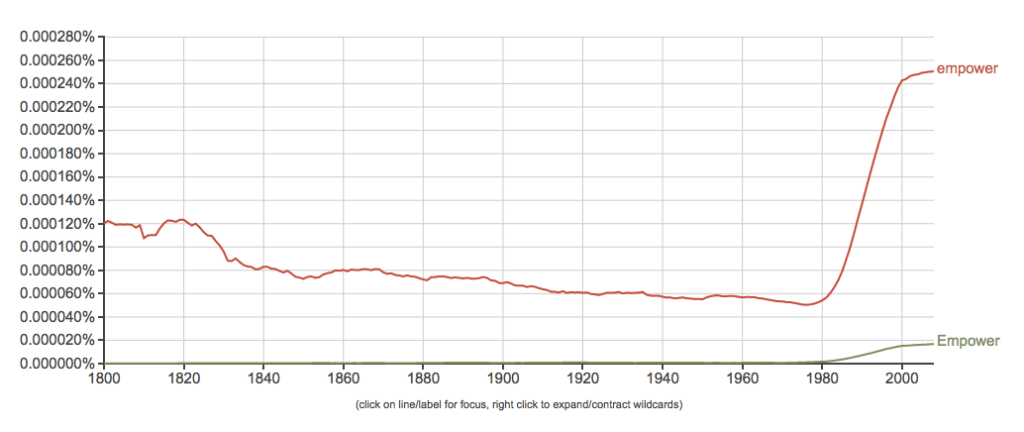I’ve been a “professional writer” for nine years. I should be able to effortlessly crank out the words by now, right? Well, if we’re being completely honest with each other, I’ve spent 15 minutes on this intro alone. It’s a slog. Every. Time.
Writing is a hard skill to master (and that’s coming from someone who does this for a living). And just when you think you’ve got it, you find yourself staring at an ugly first draft, wondering where the magic went.
But here’s the good news: you don’t need to master it. No one expects literary quality from your briefs and emails. In fact, if you’ve done it well, no one will notice your writing.
In business writing, you have a simple goal: to clearly and concisely share your message. You’re not going to begin a quarterly earnings report with, “It was the best of times, it was the worst of times.” Unless you’re an aspiring business novelist (Eliyahu Goldratt, anyone?), you can leave the prose to Dickens.
Why Solid Writing Skills Make a Difference for Project Managers
When I give this spiel to fellow office dwellers, it’s sometimes met with an apathetic, “Well, I’m not a writer, so it doesn’t matter.”
Hold up, I say. How many emails, IMs, briefs, and memos have you written today? Tweets? Facebook posts? Text messages? That’s what I thought.
You may not have the job title, but I’m willing to wager that you spend at least an hour or two every day writing.
For project managers, solid writing skills become even more important. The success or failure of your project hinges on your communication skills.
It’s likely that a majority of your team communications are via email, IM, or comments. In the past, how many times have you gone back and forth with people who didn’t say what they meant the first time around? How many hours have you wasted trying to decipher poorly written status updates?
Project managers also need to write important documents like project proposals and charters, training documents, plans, and reports. Considering these documents build the foundation of a project, writing plays an important role in successful execution.
Tried and True Techniques
Here are six easy techniques you can use to improve your writing skills.
Think before you write.
Sometimes we panic when we’re presented with that blank page. Just get it out, we think, as we furiously type away. What’s left is a messy brain dump of a document. While that’s a great way to kickstart your writing, it’s not a great experience for the reader.
Those extraneous details muddy the waters, and the reader walks away confused. That’s how balls get dropped, deadlines are missed, and miscommunication happens.
Before you begin writing, answer these three questions:
- Who am I writing for?
- What do I want them to know?
- What do I want them to do?
If you can’t immediately answer these questions, you’ll need to take a step back and collect your thoughts. Everything you write should have a clear audience and purpose.
Get to the point.
In school, we’re taught to spend our first four to five sentences warming up the reader. We then hit them with our main point at the end of the intro. While that format may have impressed your eighth grade English teacher, it’s not going to impress a hurried executive.
Instead, begin with your main point. Dedicate your first paragraph to a quick summary of the situation and the proposed solution if you’re writing longer memos. For emails, use the first sentence to summarize why you’re writing and what you’re trying to accomplish.
If you’re unsure, ask a colleague to read your email and summarize your message in two to three sentences. If he or she can’t do that easily (or gets it wrong), you’ll need to answer the three questions above and work on clarifying your message.
Cut out unnecessary words.
I once had a boss who was a former magazine editor. She was absolutely ruthless. When she’d return my articles, it looked like someone had squeezed a pomegranate onto the page. Red. Everywhere.
Her biggest pet peeve was needless words: very, like, that, in order to, suddenly.
The folder that you need is on my desk.
I’m reading the report in order to prepare for my meeting.
It’s very important to be on time tomorrow.
She taught me how to tighten my sentences by removing the unnecessary. Cut these filler words and your writing will immediately improve.
Empower yourself to ban the buzzwords.
Poor “empower.”
A word that once had so much meaning is now carelessly thrown around in business communications.
I mean, just look at this graph. From 1980 to now, the use of “empower” in publications has tripled.
Business writing is full of words like this:
- World class
- Circle back
- Depth and breadth
- Visionary
- Disruptive
- Innovate
While these terms are sometimes accurate for the situation, I’ve found that it’s more often a sign of lazy writing. These buzzwords tend to confuse or bore your reader.
Check out this handy “bizspeak blacklist” from Harvard Business Review for a list of words to ban from your vocabulary.
Read what you write.
Pretend that you’re the reader. Is your point clear and concise? Does it flow clearly from one idea to another? Or is it abrupt and confusing? Is the call to action obvious? Reading your work aloud can be incredibly helpful. You’ll quickly notice jarring sentence structures and words that trip up your reader.
Good writing is like music. It should have a rhythm. Watch what writing guru Gary Provost does here:
“This sentence has five words. Here are five more words. Five-word sentences are fine. But several together become monotonous. Listen to what is happening. The writing is getting boring. The sound of it drones. It’s like a stuck record. The ear demands some variety.
Now listen. I vary the sentence length, and I create music. Music. The writing sings. It has a pleasant rhythm, a lilt, a harmony. I use short sentences. And I use sentences of medium length. And sometimes when I am certain the reader is rested, I will engage him with a sentence of considerable length, a sentence that burns with energy and builds with all the impetus of a crescendo, the roll of the drums, the crash of the cymbals—sounds that say listen to this, it is important.
So write with a combination of short, medium, and long sentences. Create a sound that pleases the reader’s ear. Don’t just write words. Write music.”
Reading your work out loud (or loudly in your head if you don’t want to interrupt your colleagues) will help you hear the music (or lack thereof) in your writing.
Read other people’s writing.
Finally, if you want to be a writer, you also need to be a reader. Don’t limit yourself to business books. Read novels, newspapers, blogs, longform journalism. As you read, take note of the writer’s style and structure. Think about ways you can apply these things to your own writing.
And don’t forget to enjoy it. After you apply these techniques, you may find that maybe writing isn’t so bad after all.
My Favorite Books About Writing
Check out these books for more advice on writing:
On Writing Well: The Classic Guide to Nonfiction by William Zinsser
Everybody Writes: Your Go-To Guide to Creating Ridiculously Good Content by Ann Handley
HBR Guide to Better Business Writing
The Elements of Style by William Strunk, Jr. and E.B. White.
 Schedule a demo of LiquidPlanner with a product expert today
Schedule a demo of LiquidPlanner with a product expert today








